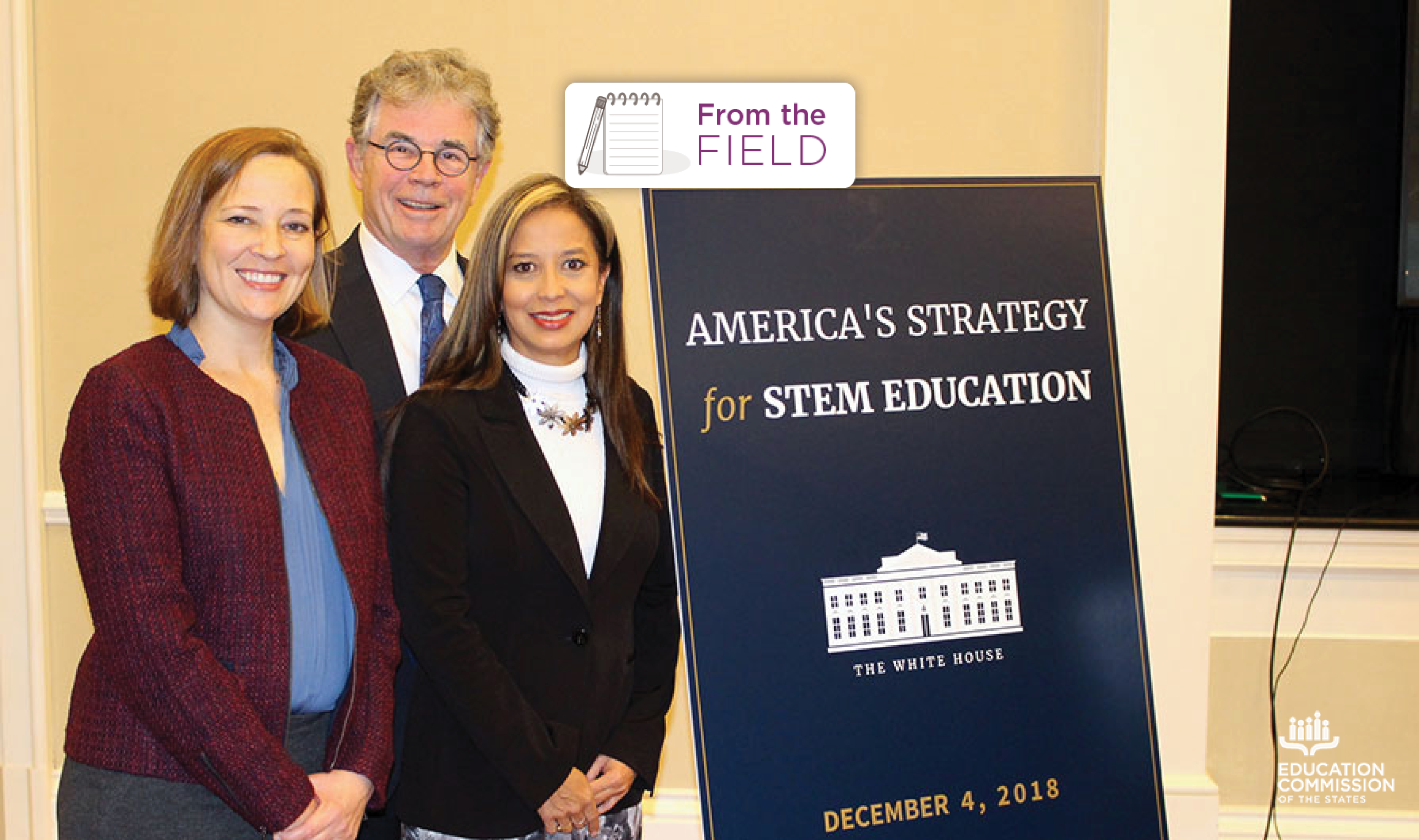In many states, the dust is settling on yet another legislative session. Dual enrollment, Advanced Placement (AP) and other avenues for high school students to earn college credit once again were the focus of numerous legislative enactments.
Qualified high school instructors
One area of interest in many states was increasing the number of high school teachers who meet the qualifications to teach dual enrollment courses.
- Indiana passed several measures aimed at increasing the number of teachers with the qualifications to lead dual enrollment classes. These include B. 1370 directing the commission for higher education or the dual credit advisory council to study means to provide incentives for high school teachers to earn a master’s degree and 18 master’s credit hours in the subject of a dual credit course. Alternatively, S.B. 93 urges the legislative council to assign a similar study to an appropriate study committee during the 2016 interim. Meanwhile, H.B. 1005 gives AP instructors the opportunity to earn a supplemental payment that was already available to dual enrollment instructors.Indiana 2016 H.B. 1005 also creates the Dual Credit Teacher Stipend Matching Grant Fund. Stipends of up to $4,000 ($2,000 school district commitment and $2,000 state match) may go to teachers already teaching a dual credit class who hold or are in the process of obtaining a master’s degree with at least 18 graduate credit hours in the subject of the dual credit course.
- Wyoming renewed its financial support for the Wyoming adjunct professor loan repayment program. The program, highlighted in this 2014 report, provides funding to teachers who require additional coursework to qualify as adjunct instructors for a concurrent enrollment course. The final biennial budget approved by the General Assembly provides $95,000 for the program.
Expanding course access
Increasing the number of high school teachers with the necessary qualifications to teach dual enrollment courses is one component of a broader effort to enhance course access and was another area of interest for states.
- Indiana: H.B. 1370 and S.B. 93 also task the commission for higher education (or dual credit advisory council) and an appropriate legislative study committee, respectively, to study methods to ensure opportunities for secondary school students to earn college credits.
- Idaho: H.B. 458 provides that public school students in grades 7-12 are eligible for $4,125 to use toward dual credit and eligible college credit-bearing exams, including AP.
- Utah: B. 152, sponsored by Education Commission of the States Steering Committee member Sen. Howard Stephenson, directs the University of Utah to partner with all state universities to develop upper division foreign language courses for accelerated foreign language students. Students may concurrently earn credits toward high school graduation and a foreign language degree, and the courses are taught by state institution of higher education faculty via a blended learning model.
- Tennessee: B. 1879/S.B. 2497 establishes a Course Access Program. Similar to Louisiana’s Course Choice/Supplemental Course Academy, the Tennessee program would authorize course providers approved by the state department of education to offer courses statewide, either in person or online. Given that postsecondary education institutions are among the course providers the department may approve, the Course Access Program could be a vehicle for expanding access to dual enrollment courses, as it is in Louisiana.
- Florida: Section 4 of the education omnibus bill B. 7029 extends the definition of public educational choice options to include opportunities to earn Career and Professional Education Act (CAPE) industry certifications and collegiate high school programs, and authorizes parents of public school students to seek any public educational school choice options available to students anywhere in the state – not just in their school district.








